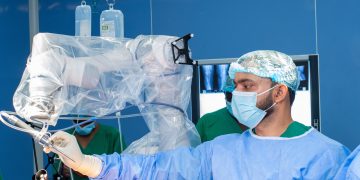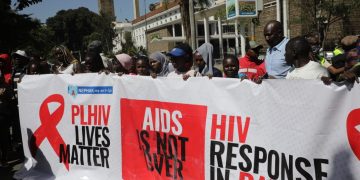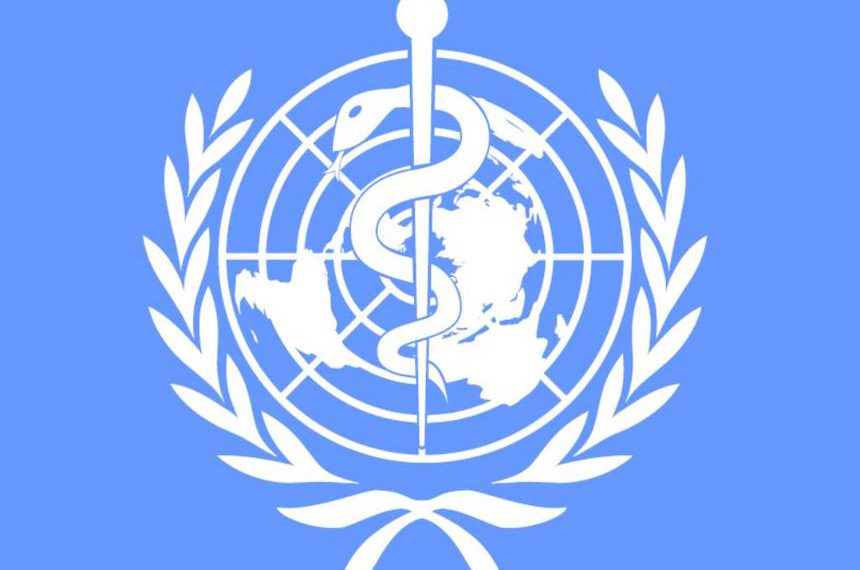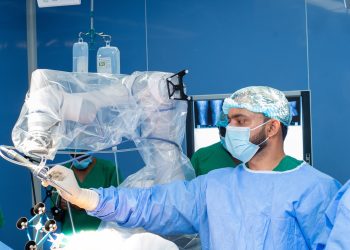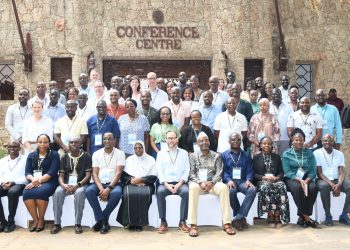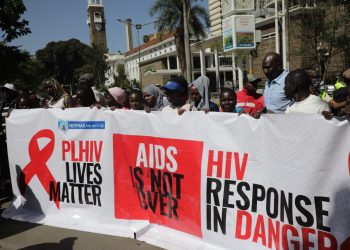The World Health Organization wants to limit noise levels in nightclubs to stop millennials going deaf.
The Geneva-based organisation already offers official guidelines for public venues, but they are not widely implemented. As a result, some output reaches more than 110 decibels – the equivalent noise level of a chainsaw.
Now, the rise in hearing impairment among young people could change that as regulars fear a timebomb of audio issues among the young.
Some 466million people already have debilitating hearing loss, up from 360million in 2010. And that figure is expected to nearly double to 900million, or one in every 10 people, by 2050.
‘What we are working on now in WHO is to develop that kind of regulatory framework about the different venues – which could be restaurants, bars, concerts, it could even be fitness classes which often have very high levels of sound being played and exposure for a long time,’ says the WHO’s Dr Shelly Chadha.
In addition, they also want smartphones and personal audio players to cap volume limits – and put time limits on how long people should listen to loud music.
The US’s Department of Health suggests noises louder than 85 decibels – about the level of busy city traffic or a food blender – are enough to cause hearing damage.
‘Think of it like driving on a highway, but without a speedometer in your car or a speed limit,’ Dr Chadha added.
‘What we’ve proposed is that your smartphones come fitted with a speedometer, with a measurement system which tells you how much sound you’re getting and tells you if you are going over the limit.
‘Our effort through this standard is really to empower the user to make the right listening choice or take the risk of developing hearing loss and tinnitus a few years down the line.’
The European Union is the only part of the world to require output levels on personal audio devices to be set to a standard of 85 decibels, with a maximum of 100.
William Shapiro, a clinical associate professor at New York University Langone, explained in January 2018 that damaging the inner-ear’s hair cells is how headphone-related hearing loss begins.
In each ear, the inner ear structure called the cochlea – which receives sound in the form of vibrations – has 15,000 hairs.
These tiny, sensory hair cells are crucial to helping us detect sound waves – but are very fragile.
The hair cells do not regenerate, so damage to them is permanent — a common cause among people with some types of hearing loss.
‘If you’re using an earbud [headphone], a good rule is 60 per cent of the volume no more than 60 minutes a day,’ he said.
He also recommended using noise-cancelling headphones. ‘A lot of individuals will crank up the volume because they don’t want to hear outside noise.
‘Wearing noise cancelling headphones reduces the outside noise which allows us to reduce the volume of the sound we’re listening to.
‘So it’s very important to keep sound at a low level.’ -DAILY MAIL


